Researchers from a large international team, including ANSTO, have investigated the magnetic properties of two unique 2D triangular lattice antiferromagnetic materials (2D-TLHAF) using various neutron scattering techniques.
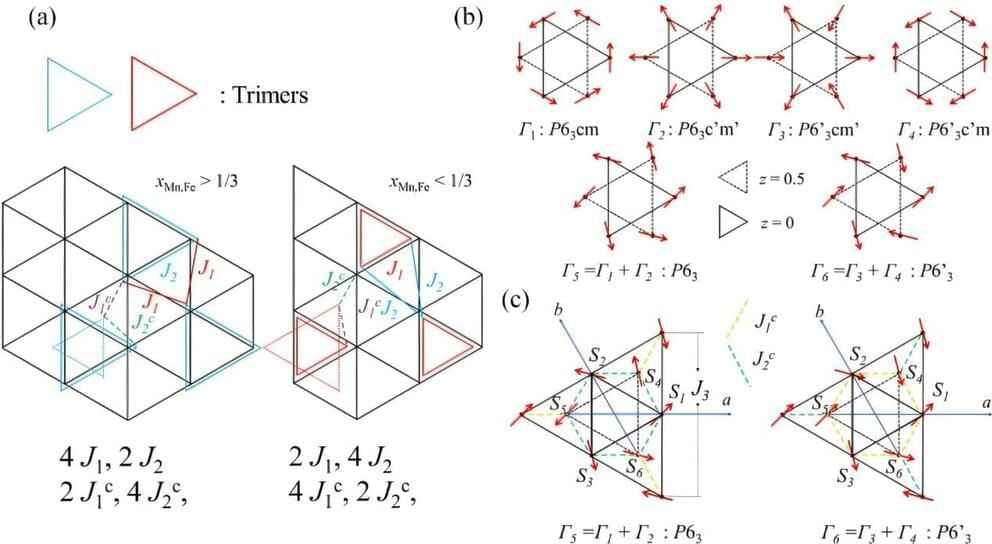

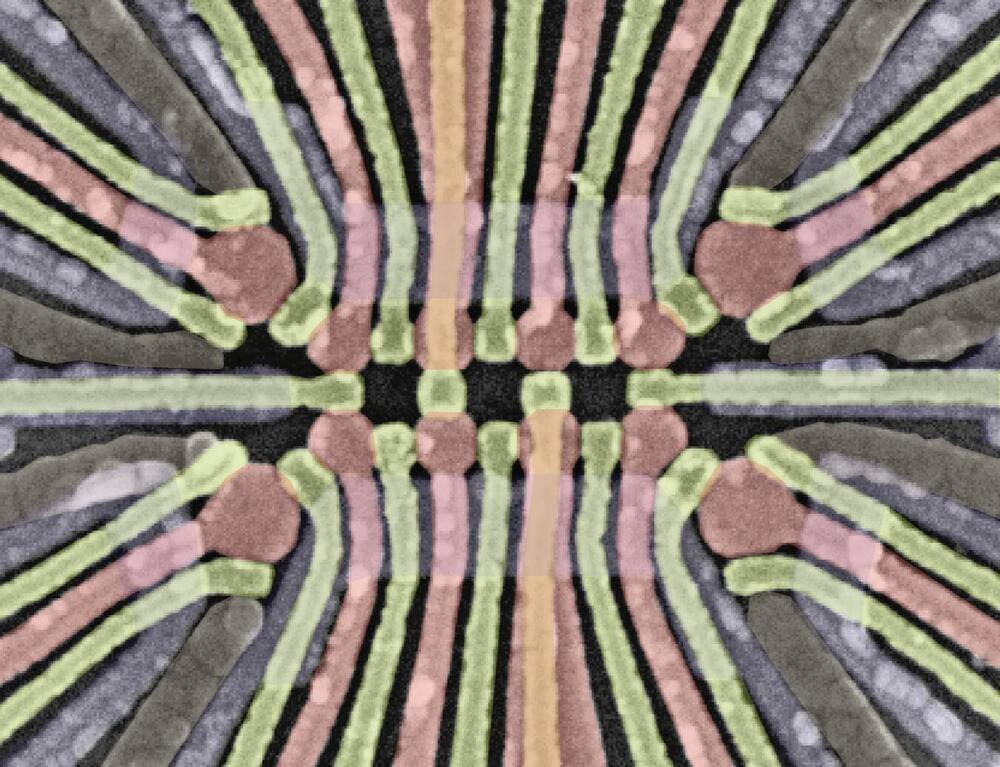
Being able to precisely manipulate interacting spins in quantum systems is of key importance for the development of reliable and highly performing quantum computers. This has proven to be particularly challenging for nanoscale systems with many spins that are based on quantum dots (i.e., tiny semiconductor devices).
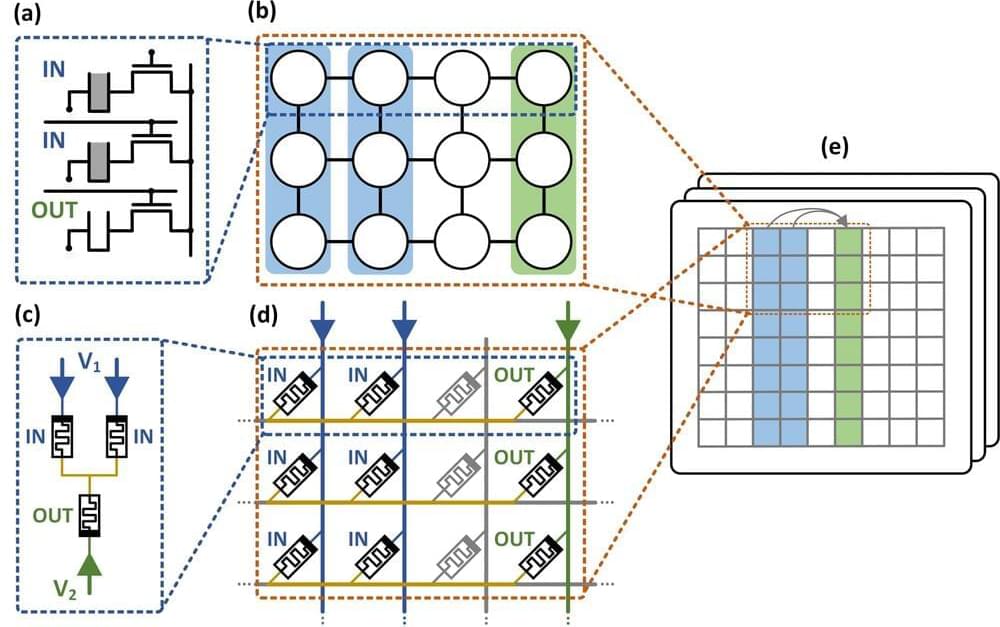
Technion Researchers have developed a software package that enables computers to perform processing operations directly in memory, bypassing the CPU. This is a significant step toward developing computers that perform calculations in memory, avoiding time-consuming and energy-intensive data transfers between hardware components.
A new and exciting field has emerged in the hardware domain in recent years: in-memory computing. The in-memory computing approach introduces a significant change from the way computers typically operate.
While traditionally the CPU runs calculations based on information stored in the computer’s memory, with this innovative approach, some operations are performed directly within the memory, reducing data transfers between the memory and the CPU.As transferring data between computer units is time-and energy-intensive, this change leads to significant savings in both.


A recent study published in Communications Psychology reveals that individuals with higher psychopathic traits show reduced sensitivity to pain, which affects their ability to learn from painful consequences. The researchers found that people with elevated psychopathic traits tend to revert quickly to initial beliefs after experiencing pain. This new insight could help us understand why individuals with these traits often struggle to adapt their behavior despite negative consequences.
People with psychopathic traits frequently ignore the negative consequences of their actions, likely due to differences in how they process punishment. Past studies have indicated that psychopathy is associated with both an insensitivity to punishment and an excessive drive toward reward, but this study aimed to explore the computational learning processes specifically related to pain. Pain can serve as a powerful teaching signal, so understanding how reduced pain sensitivity influences learning in people with psychopathic traits could shed light on the mechanisms behind their often harmful decision-making.
“One of the hallmarks of psychopathy is aggressive, exploitative behavior with little regard for the wellbeing of others,” said study author Dimana Atanassova, a postdoctoral researcher at the Donders Institute for Brain, Cognition and Behaviour at Radboud University.

Intel is planning to launch its next-gen Arc Battlemage desktop GPUs next month, competing in the mid-range segment against Intel & AMD.
Intel Expected To Reveal Decisive Information Around Arc Battlemage “Desktop” GPUs Next Month, Setting The Tone For Next-Gen GPU Markets
Although Intel’s first-gen Arc Desktop GPUs saw little success in the gaming segment, the next-gen is now planned for an unveiling next month.

Inside cells, there exists an extensive system of canals known as the endoplasmic reticulum (ER), which consists of membrane-encased tubes that are partially broken down as needed—for instance in case of a nutrient deficiency. As part of this process, bulges or protrusions form in the membrane, which then pinch off and are recycled by the cell.
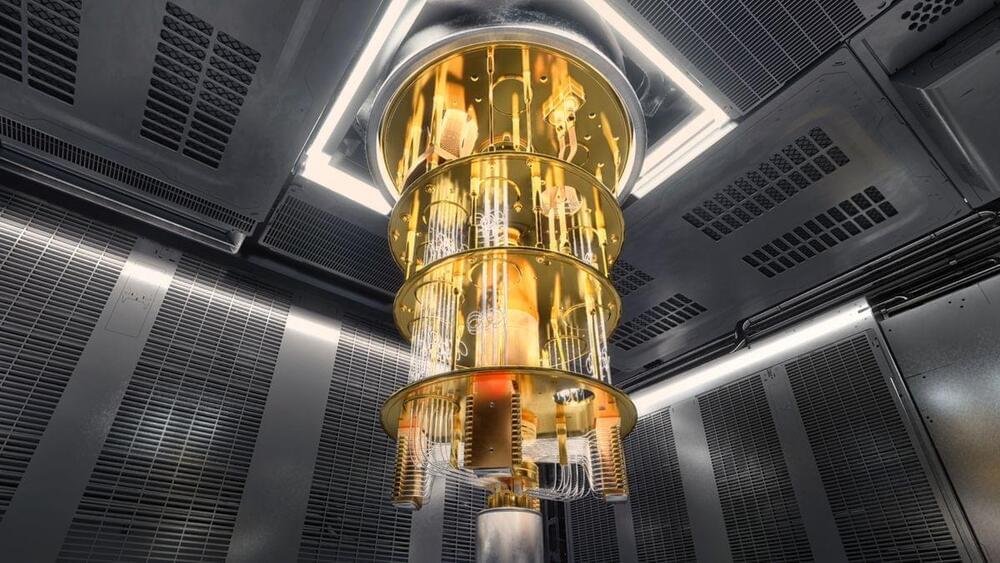
The interface superconductor underwent a transition under a magnetic field and became more robust, the scientists said in the paper This suggests it has transformed into a “triplet superconductor.” — a type of superconductor that is more resistant to magnetic fields than conventional superconductors.
They conducted the research in conjunction with the National Institute of Standards and Technology. In earlier work, they demonstrated that thin films of gold and niobium naturally suppress decoherence — the loss of quantum properties due to external environmental interference.
Given its robust quantum qualities and its ability to suppress decoherence, this new superconducting material promises to be ideal for use in quantum computers, the scientists said. Minimizing decoherence within the system is a key challenge, which necessitates extreme measures to isolate the quantum computer from external influences, such as shifts in temperature or electromagnetic interference, as well as the use of error-correcting algorithms to ensure calculations remain accurate.
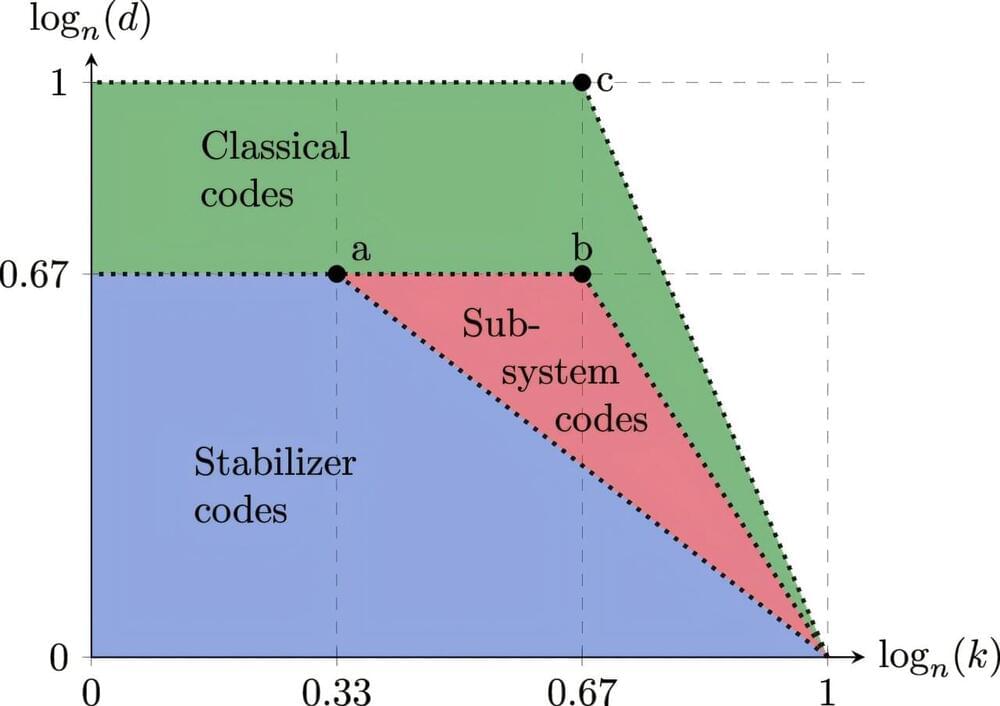
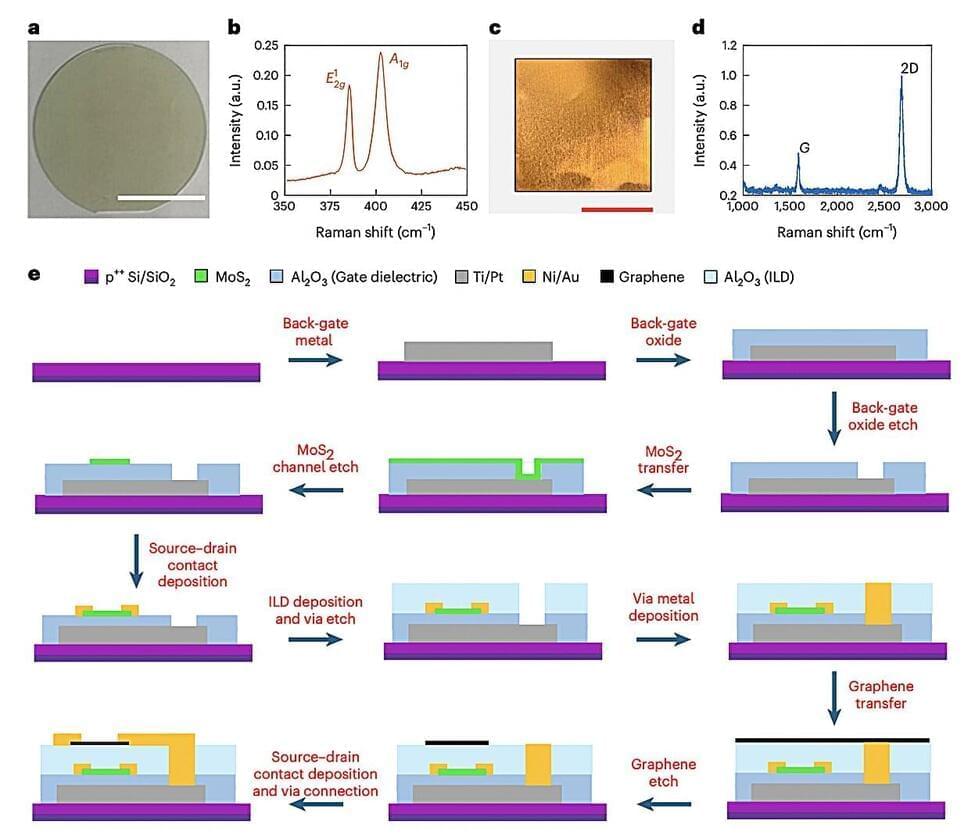
Polyethylene (PE) is one of the most widely used and versatile plastic materials globally, prized for its cost-effectiveness, lightweight properties and ease of formability. These characteristics make PE indispensable across a broad spectrum of applications, from packaging materials to structural plastics.